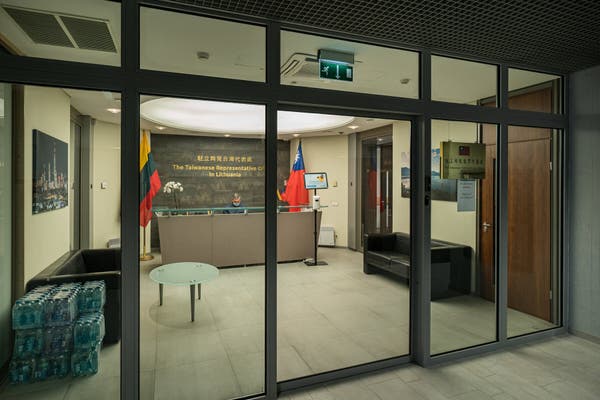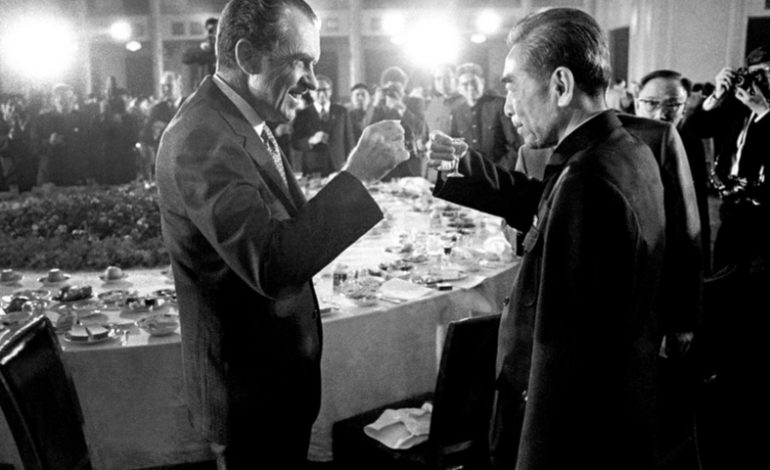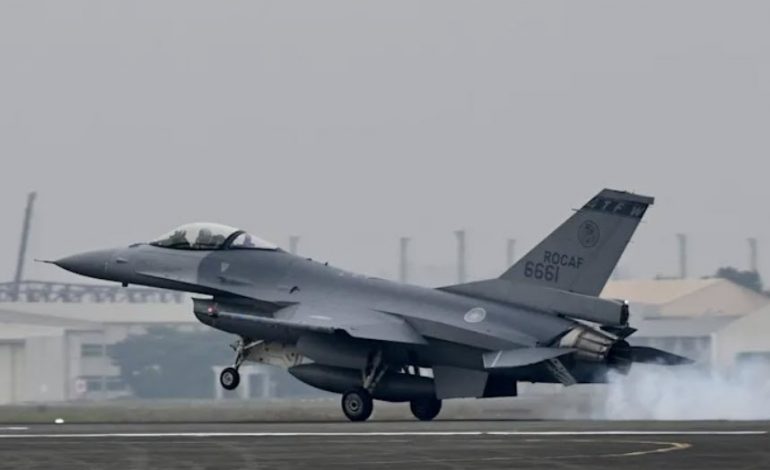
In an Uneven Fight With China, a Tiny Country’s Brand Becomes Toxic
By Andrew Higgins
February 21, 2022
After Lithuania dared to seek closer ties with Taiwan, China cut off trade — even blocking imports of products from other countries with Lithuanian parts.
China has sent a blunt message not only to Lithuania but to the entire European bloc, at a time when recent elections tossed out reliably China-friendly governments and brought to power more China skeptics, like the German Greens, who now control the Foreign Ministry in Berlin, and the Czech Pirate Party, now in charge of foreign policy in Prague.
Adding to China’s alarm is a recent decision by Slovenia to let Taiwan open a representative office. China responded by saying it was “deeply shocked” and warned Slovenia that it was taking a “dangerous” road. Slovenia’s Foreign Ministry quickly clarified that the office would use the name “Taipei,” not “Taiwan.”
“To use a Chinese phrase, they are killing the chicken to scare the monkey, particularly the big German monkey,” said Theresa Fallon, the director of the Center for Russia Europe Asia Studies in Brussels. “Many European leaders look at Lithuania and say, ‘My God, we are not going to do anything to upset China.’”
The Federation of German Industries complained in a statement late last year: “China’s recent measures against Lithuania are having the effect of a trade boycott with repercussions throughout the E.U. Imports from China that are needed in German production facilities in Lithuania and exports from Germany to China that contain Lithuanian components are also affected.”
The European Union, however, is deeply divided between countries like Hungary, which routinely blocks statements against Beijing, and those that favor a tougher line. France has pledged to get legislation for the “anti-coercion instrument” moving, but few expect it to become a reality anytime soon.
The United States has also pledged to stand with Lithuania against Beijing but offered little in the way of concrete support.
The only place offering anything solid so far is Taiwan, which in January announced that it was setting up a $200 million fund to invest in Lithuania and other needy countries in the region and a separate $1 billion program to finance joint projects, including in high-end semiconductors. Taiwan has also started importing large quantities of Lithuanian goods, mostly food products and rum.
Eric Huang, the head of Taiwan’s newly opened office in Vilnius, located on the top floor of a high-rise office tower, said his government wants to help blunt the pain of China’s strikes against Lithuania.
“Democratic countries should work together, otherwise we will set a precedent,” he said. “If China is not happy today with a certain country over a certain issue, it will be the same story all over again on a different issue tomorrow.”


